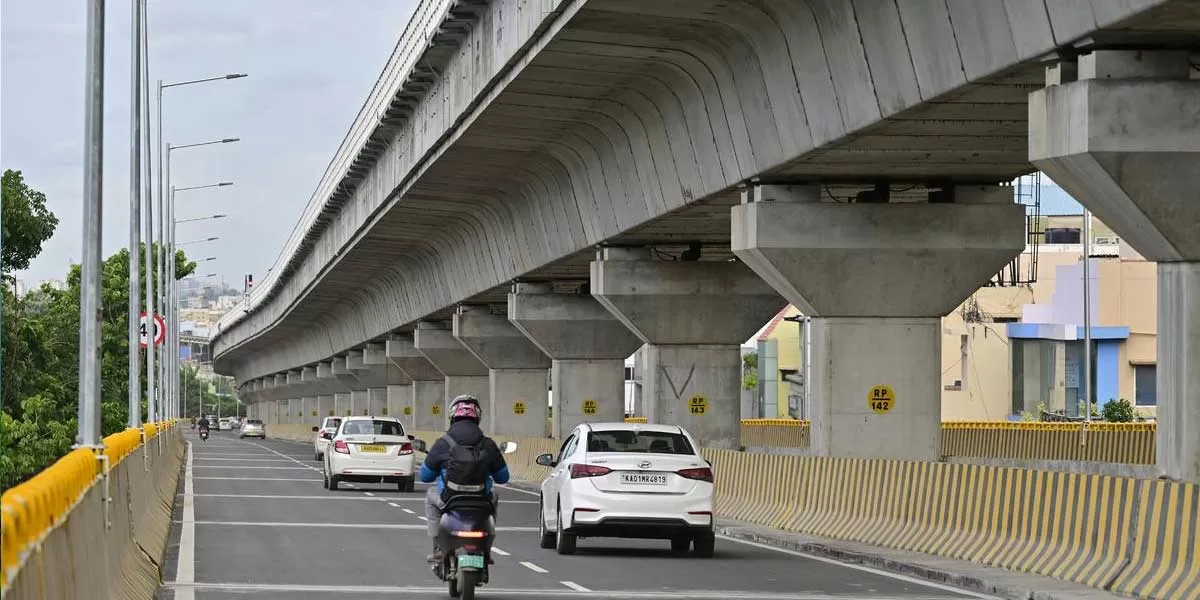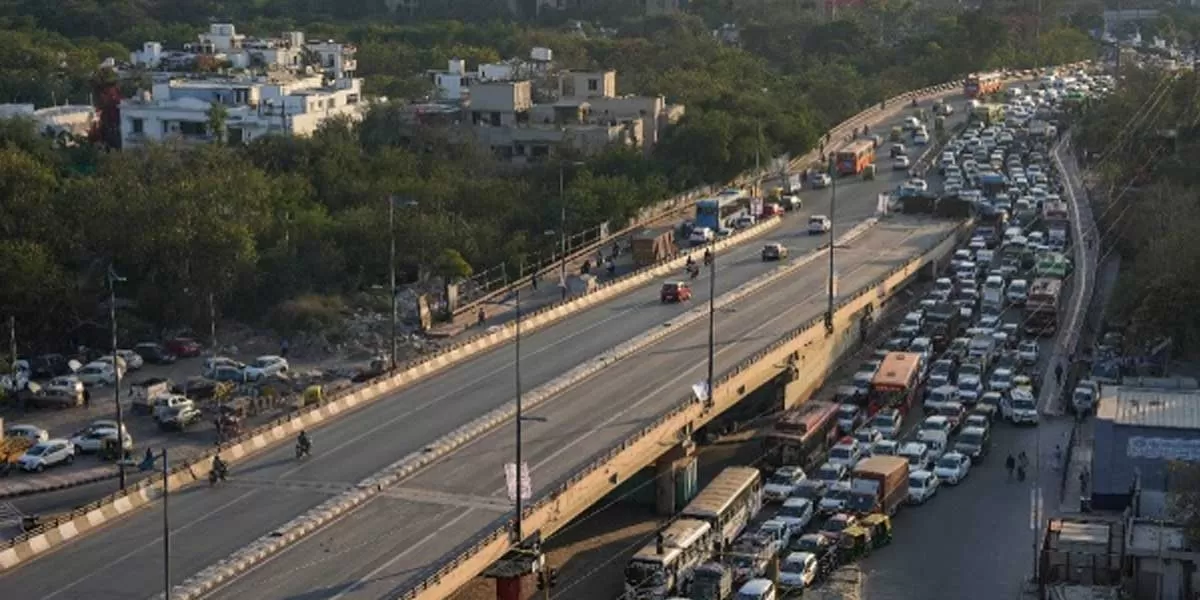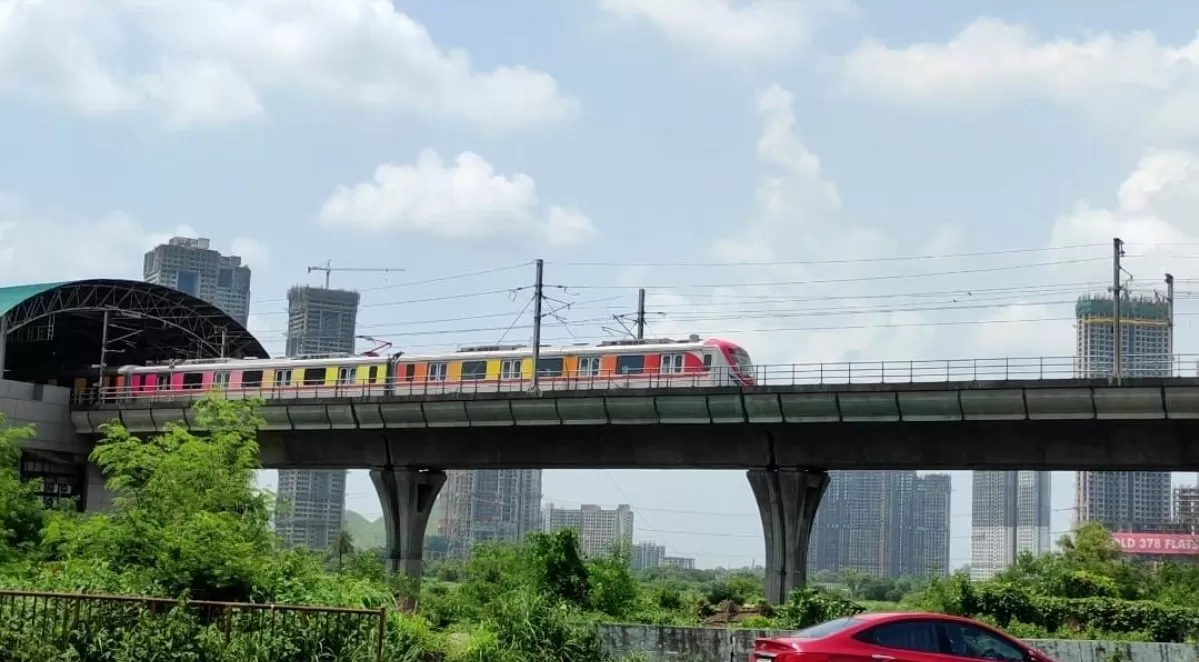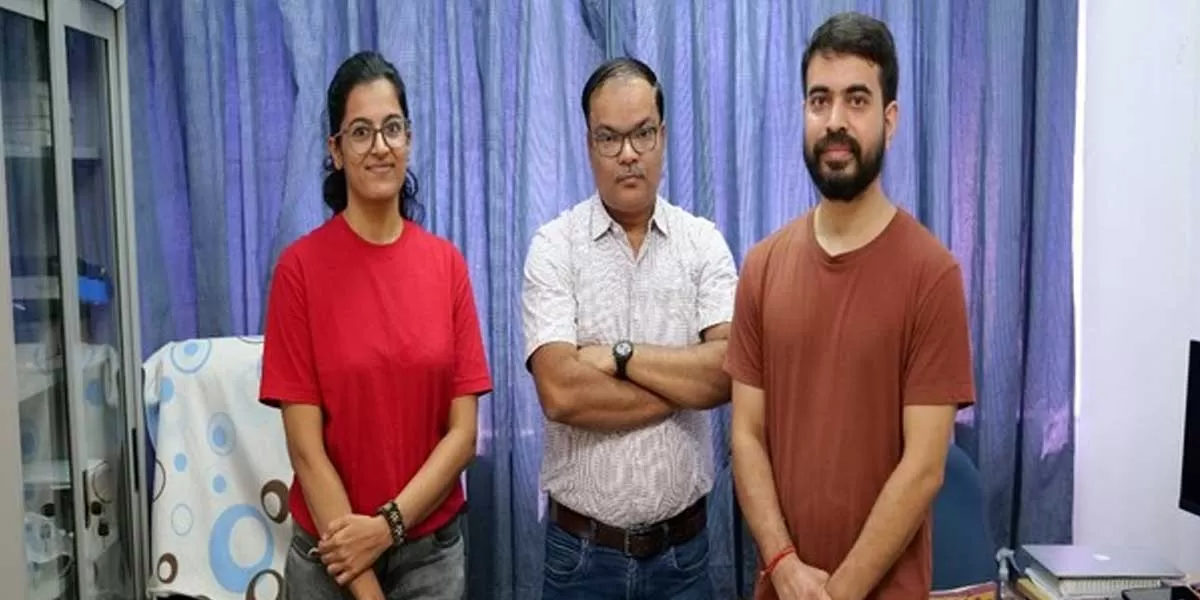
South India's First Double-Decker Flyover Begins Trial Runs

Anand Vihar and Punjabi Bagh Flyovers Ready
Work on two major road infrastructure projects, the Anand Vihar flyover and the Punjabi Bagh flyover, has been completed but are yet to be opened for public use, according to officials. Located in highly congested areas, work on these projects started around two years ago. "The work on the flyover is complete and it is ready for opening," said a PWD official on Wednesday. According to sources, both the flyovers are likely to be inaugurated closer to the assembly elections in Delhi, scheduled for early next year. During the time the work was under way, motorists faced heavy traffic congestion ..

RDSO finalise oscillation trials on Indore Metro
Indore Metro Phase 1 advances with the completion of oscillation and brake performance trials on the Yellow Line through three coaches manufactured by Alstom conducted by Research Design and Standards Organisation (RDSO). The oscillation trials were conducted with an aim to evaluate the stability and performance of the three different coaches during the movement, ensuring that the commencement of operation on Indore metro meets the safety and performance standard. The Emergency Braking Distance (EBD) was also reviewed by the RDSO team to evaluate the efficient stopping of trains during the op..

IIT Guwahati develops sustainable geopolymer
A research team at the Indian Institute of Technology Guwahati, led by Prof. Anil K. Mishra from the Department of Civil Engineering, has developed an innovative solution to two major global challenges: industrial waste management and sustainable construction. Their research focuses on creating a geopolymer using industrial byproducts and waste materials, such as water treatment sludge (WTS), fly ash (FA), and ground granulated blast furnace slag (GGBS). “With the rapid pace of urbanisation and industrialisation, managing industrial waste has become a critical global issue," said IIT Guwaha..













